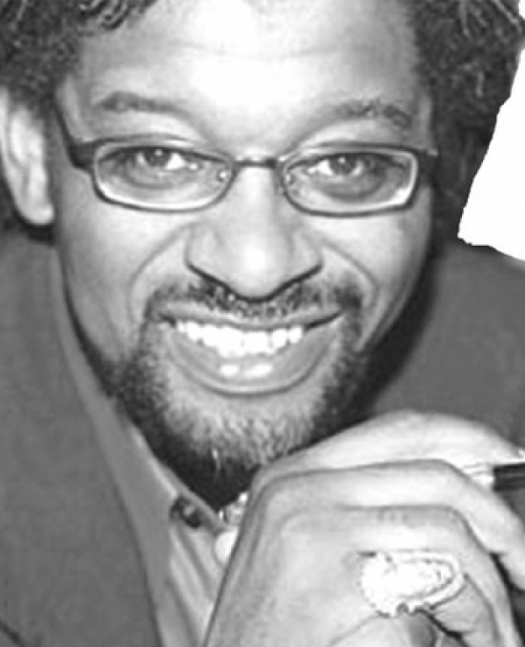
The Fourth of July is a date that historically brings about much confliction in the African American community.
The Fourth of July is a date that historically brings about much confliction in the African American community. Never one to miss a great party, Black people spend much money on barbecues and fireworks. And you see as many American flags hanging on the porches of Black homes as any other. Why? Because as Langston Hughes once said, “We too are America.” We sing America, we work America and we love America–even when America hasn’t always loved us.
Ever since slavery was abolished in 1865, Black people have had to demonstrate their love of country beyond any reasonable expectation, despite a continuing racial animus toward them. Black people have fought in every war, from the Revolutionary War to the Iraqi War, despite America’s exclusionary politics of slavery, segregation and colorblindness. Black soldiers suffered the greater indignities of false promises of freedom, separation from their own ranks, treatment worse than prisoners of war and constant assaults on their humanity. From Fort Pillow (where Black Union soldiers were captured and executed) to Port Chicago (where Black WWII soldiers were court marshaled after a mass mutiny in the aftermath of an explosion that killed 202 Black ammunition loaders), from Tuskegee to Vietnam (where they were disproportionately frontline fighters), there has been no greater demonstration of love of country than that of the African American. So what is patriotism really about? What does it mean to be a patriot?
“Love of country,” the primary definition of patriotism, has always served as a subterfuge for the subversion of criticism about what America is, what America is not and what America could be. To criticize America is a public right, but it, somehow, makes you less patriotic. When you don’t love what America is, and say so, you somehow don’t love America. When you call out the imperfections in America that really exacerbate our cultural and social differences, you somehow don’t stand for America. And when you challenge America (and Americans) to be better, to do better, to want better, you somehow don’t appreciate “how good things are” because you live in America.
It’s becomes a discourse in relativism where “a bad life” here is rationalized in the context of it, at least, not being as bad as where some communist regime or third world developing nation might be. White people are considered “patriots.” No matter how bad they might have been, they loved their country.”
Black people’s patriotism is always suspect, no matter how good they are or how dedicated they may have been. Recent examples of this affirm this inconsistency. Recently, former North Carolina Sen. Jesse Helms died. Helms, unlike former Alabama Governor George Wallace or former South Carolina Sen. Strom Thurman, died an unrepentant segregationist. Yet former North Carolina GOP Rep. Bill Robey called him a “patriot” in the mold of other great “giants” who died on the fourth of July (Thomas Jefferson and John Adams). On the other hand, the Republican Party has now sought to challenge Sen. Barack Obama’s patriotism. It started with the claim that Barack didn’t say the pledge of allegiance at a public event, then it rolled over to him not wearing a flag pin and continued with him not putting his hand over his heart. Then, of course, there is the whisper campaign about Obama being a Muslim as validation that this man can’t possibly be patriotic enough to be president.
Obama has sustained and maintained that America can be better if it is willing to change. Just as Black America has sustained over the notion, throughout the past 400 years, that America is not what it was but is not what it could be. Even when we say things are getting better, our patriotism is called into question. Michelle Obama’s “really proud” comments are a case in point. She never said she wasn’t proud of her country. She said she was “really” proud of her country. In the Black community, we call that “mo better,” meaning more proud than we’d previously been able to acknowledge.
Many have taken offense at any critique of John McCain’s service record, but patriotism can’t be solely based on serving our country because most of the members of his party who voted for the war didn’t serve a day–hiding behind deferments and exemptions. Are they less patriotic for not going to the army or serving their country? You rarely hear that criticism. The confliction around patriotism is real. Such confliction is the greatest Black leader of all time, Frederick Douglass, who refused to speak on July 4 in 1852. He spoke on July 5 instead because he knew patriotism in America was a shell game, and like any game of three card Mollie, Black America was always tricked into picking the wrong card.
Barack must say he loves America, flaws and all, to change it. Anything less, and he will never be seen as patriotic enough to lead the country. What a deal. Until we really understand what patriotism means, we will never really know what patriotism is all about–beyond defending “the American way of life.”
Anthony Asadullah Samad, Ph.D., is a national columnist, managing director of the Urban Issues Forum and an author.
______
Copyright 2008 Chicago Defender. All rights reserved. This material may not be published, broadcast, rewritten, or redistributed.